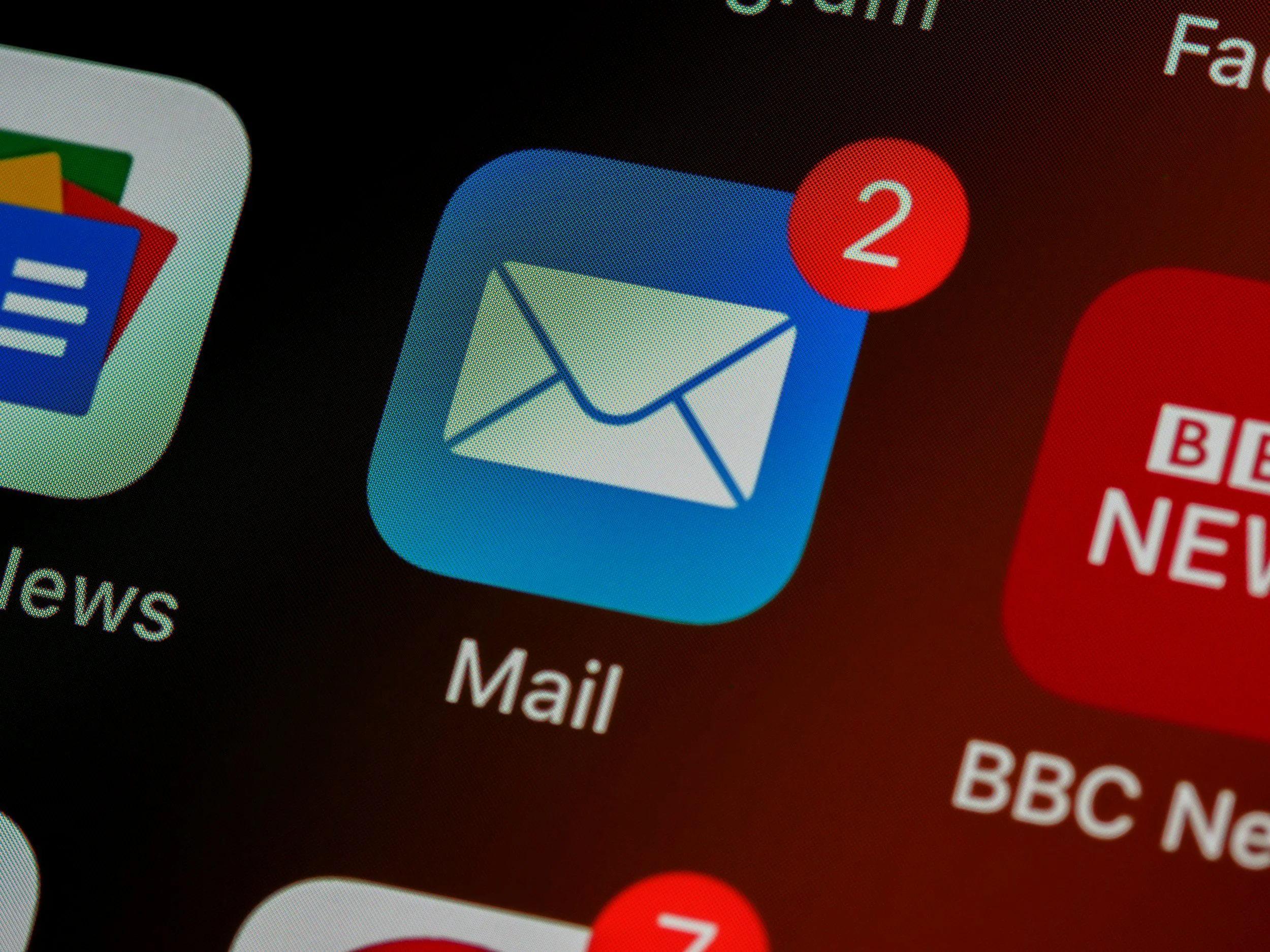The Role of Email Marketing in Promoting Your Blog
In today’s noisy digital environment, producing amazing blog content isn’t enough. To truly stand out, you need a direct line to your ideal readers—and that’s where email marketing comes in. It empowers you to promote new posts, nurture loyal readers, and turn casual visitors into engaged followers.
Why Email Marketing Matters for Your Blog
1. You Own Your Audience
Unlike social media, where algorithms rule, your email list is yours. Subscribers have opted in, making them more receptive and delivering consistent open rates and CTR for new posts.
2. Traffic Spikes on Publish Day
When you send a blog update email right as the post goes live, it drives immediate traffic—helpful for Google’s freshness signal and early post-ranking boosts.
3. Deeper Engagement
Emails allow for storytelling, behind-the-scenes insight, and personalized content. This humanizes your brand, increases time on page, and strengthens reader loyalty.
4. Boosts Conversions
From in-post CTAs to email-exclusive offers (e.g., free downloads or mini-courses), email marketing dramatically increases conversions compared to organic traffic alone.
Email Marketing Best Practices for Bloggers
1. Build Your List Authentically
Add targeted email signup forms on your high-traffic blog pages.
Offer lead magnets—like an ebook or checklist—in exchange for subscribing.
Use pop-ups or slide-ins at strategic scroll-depth.
2. Segment Your Audience
Group subscribers based on interests, behaviors, or past content engagement so you can send more personalized and relevant blog recommendations.
3. Write Magnetic Subject Lines
Use emotional triggers, urgency, and curiosity to boost open rates. E.g.:
“Just Published: 7 AI Tips That Actually Work”
“Your Weekend Read: Hacks to Remove Blog Writer’s Block”
4. Focus on Content, Not Sales
Provide value first. The goal of your email should be to enlighten or entertain—with blog posts serving as the way deeper value unfolds.
5. Use Clear CTAs
Direct your reader with buttons or links like “Read the full article,” “Download free checklist,” or “Watch the tutorial.” Make them bold and easy to spot.
6. Optimize for Mobile
Over 50% of email opens happen on mobile. Use short subject lines, brief intros, and large, tappable CTA buttons to make mobile reading seamless.
Email Structure for New Blog Posts ✏️
Preheader: Capture interest—“Need fresh ideas for your summer content?”
Intro Hook: 1–2 sentences setting the stage
Teaser Paragraph: A compelling snippet that previews the blog’s value
Primary CTA Button: “Read more →”
Secondary Value/Add-on: e.g., “PS: Grab your free resource”
Signature: Human touch—name, brand identity, maybe a headshot
Beyond Promotion: Nurture Series & Evergreen Triggers
1. Welcome Sequence
Upon signup, send a 3–5 email series: introduce yourself, share top-performing posts, and deliver a special bonus to build familiarity and trust.
2. Evergreen Automation
Tag new subscribers based on their interests and send them regular themed email series (e.g., a “Blogging Basics” drip campaign that includes 5 essential posts).
3. Re-engagement Campaigns
For inactive subscribers, send “We miss you” emails with highlights or incentives (e.g., exclusive guide) to rekindle interest.
Track Metrics & Optimize Over Time
Metrics to Watch
Open Rate: Ideal = 20–25%
Click‑Through Rate (CTR): Ideal = 2–5%
Conversion Rate: percentage who click and take the next step
Unsubscribe Rate: Keep below 0.5%
Optimization Tips
A/B test subject lines (e.g., personalization vs. curiosity)
Try different send times (e.g., weekdays vs. weekend delivery)
Segment more smartly (e.g., by content preference)
Tools to Power Your Blog-Promotion Engine
Email marketing platforms: Mailchimp, ConvertKit, ActiveCampaign — for signup forms, tagging, and automation
Landing page tools: Leadpages, Unbounce — for high-converting lead-magnet pages
Analytics: Use built-in email platform dashboards + Google Analytics UTM tracking for email-driven blog traffic
Email marketing is the engine that drives consistent traffic, engagement, and growth for your blog. To start leveraging it effectively:
Set up an email signup and lead magnet
Send blog update emails for each new post
Layer on welcome and evergreen sequences
Track opens, clicks, and conversions—then optimize
Doing this turns your blog into a traffic-generating asset with repeatable growth—long after the post is published. Ready to create your first email campaign? I can help you draft content, plan triggers, or set up automations—just say the word!

